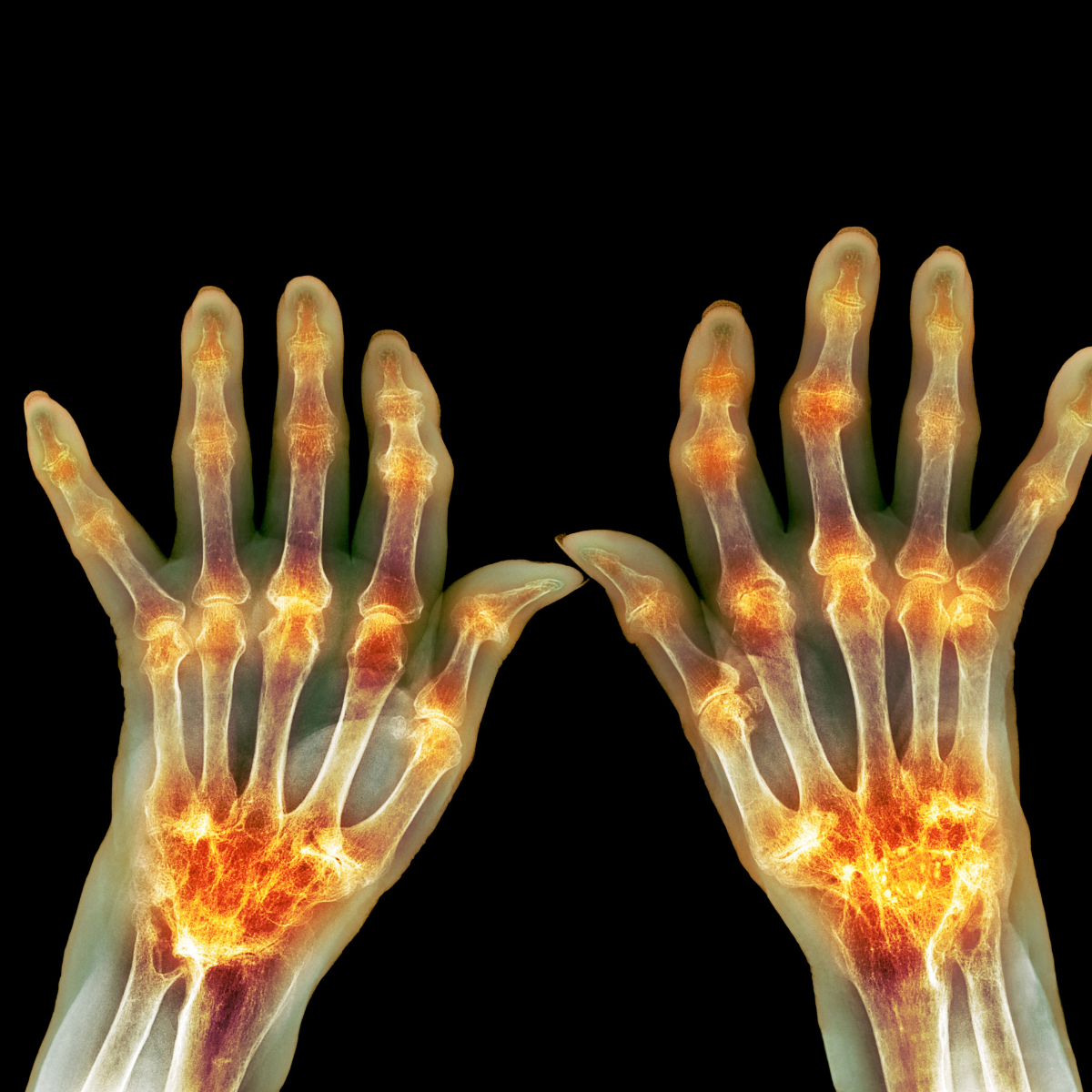
Insomnia
🧠 What Is Insomnia & What Happens Inside the Body?
Insomnia is a common sleep disorder where a person has trouble falling asleep, staying asleep, or getting restful sleep—despite having the opportunity to do so. Think of sleep as your body’s "reset button." When sleep is compromised, it affects every system—from brain health to digestion, mood, and even immunity.
🧬 What’s Happening Inside the Body?
Poor sleep disrupts the brain's circadian rhythm—our internal clock. Stress hormones like cortisol stay high, melatonin (the sleep hormone) production drops, and systems like digestion, metabolism, and even hunger regulation go out of sync. Chronic sleep loss can create a loop: stress, poor sleep, poor food choices, and more stress.
🔍 Common Root Causes:
-
Chronic stress or anxiety (Consult a Mental Health Specialist)
-
Irregular sleep schedules (e.g., shift work, late-night screen use)
-
Nutritional deficiencies (e.g., Magnesium, B-vitamins)
-
Excessive caffeine or alcohol
-
Underlying health issues like acid reflux, depression, or hyperthyroidism
📊 Prevalence:
Over 30% of adults in India report occasional insomnia, with around 10-15% experiencing chronic symptoms.
🚨 Signs & Symptoms
-
Difficulty falling asleep
-
Waking up frequently during the night
-
Feeling tired even after 7–9 hours of sleep
-
Daytime fatigue or brain fog
-
Increased irritability or mood swings
-
Craving sugar or caffeine for energy boosts
-
Reduced work focus or memory issues
📝 Note: Sleep needs vary, but consistent sleep disruptions for over 3 nights a week may require attention.
🥗 Nutritional Approach to Better Sleep
Sleep and nutrition are deeply connected. Certain nutrients play a direct role in calming the nervous system, producing melatonin, and balancing hormones.
🧂 Core Dietary Focus:
-
Anti-Inflammatory Foods: Help calm the nervous system and reduce stress load
-
Tryptophan & Magnesium-rich Foods: Support natural melatonin and serotonin production
-
Balanced Meals: Prevent night-time dips in blood sugar that can disrupt sleep
✅ Foods to Include:
-
Complex carbs like oats, sweet potato, brown rice (help melatonin production)
-
Leafy greens, bananas, nuts & seeds (rich in magnesium)
-
Dairy, tofu, eggs, pumpkin seeds (natural sources of tryptophan)
-
Herbal teas like chamomile or tulsi before bed
⚠️ Foods to Limit (Not Eliminate):
-
Excessive caffeine (especially after 2 PM)
-
Alcohol (may make you drowsy but disrupts deep sleep)
-
Sugary or heavy meals close to bedtime
-
Spicy foods (can cause reflux and disturb sleep)
🧠 Reminder: It’s not about restriction—just gentle timing and moderation.
💊 Key Nutrients to Focus On
Sleep disorders are often linked to subtle deficiencies that are easy to overlook:
-
Magnesium: Known as the "relaxation mineral"—helps calm the nervous system
-
Vitamin B6: Needed for melatonin production
-
Vitamin D: Low levels are associated with poor sleep quality
-
Omega-3: Helps reduce anxiety and improves sleep duration
-
Zinc: May enhance sleep onset and quality
❌ Myth: "Melatonin supplements are the best fix."
➡️ Fact: Melatonin helps short-term, but building your body’s natural melatonin through diet, light exposure, and rhythm is more sustainable.
🧘 Lifestyle Recommendations
Creating a sleep-supportive lifestyle goes hand-in-hand with nutrition.
🏃 Movement:
-
Working out in the Morning
-
Gentle evening walks
-
Morning exposure to sunlight (regulates melatonin)
-
Light yoga or stretching after dinner
😴 Sleep Hygiene:
-
Set a consistent sleep-wake time (even on weekends)
-
Avoid screens 30–60 mins before bed
-
Darkness in the Room
-
Create a wind-down ritual: warm bath, reading, or soothing music
🧘 Stress Management:
-
Journaling thoughts before bed
-
Deep breathing (4-7-8 technique)
-
Guided meditation apps or calming bedtime podcasts
📓 Body Signals to Monitor:
-
Energy levels through the day
-
Digestion (especially nighttime bloating or reflux)
-
Sleep quality (use sleep diaries or tracking apps)
-
Mood and focus
🩺 Relevant Lab Markers (as advised by your healthcare provider):
-
Vitamin D (every 6–12 months)
-
Magnesium (RBC or serum)
-
Thyroid Panel (TSH, T3, T4)
-
Cortisol (AM levels if high stress is suspected)
-
HbA1c (to check for blood sugar irregularities disrupting sleep)
📞 Take the Next Step
Still tossing and turning every night? It may be time to go beyond "sleep tips" and get a personalized nutrition and lifestyle plan for better rest.
👨⚕️ What to Expect from Your Consultation with Dr. Umesh Wadhawani
In-depth assessment of your sleep patterns, nutrition, and daily habits
Tailored food & supplement strategies based on your lab markers
Lifestyle tweaks to help you fall asleep and stay asleep
Ongoing follow-up and habit-building support
📅Click here to Book your free 30-minute consultation
🎥 Watch our latest YouTube Video on Watch Here











